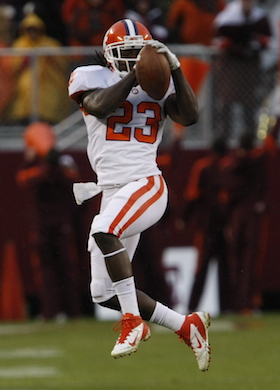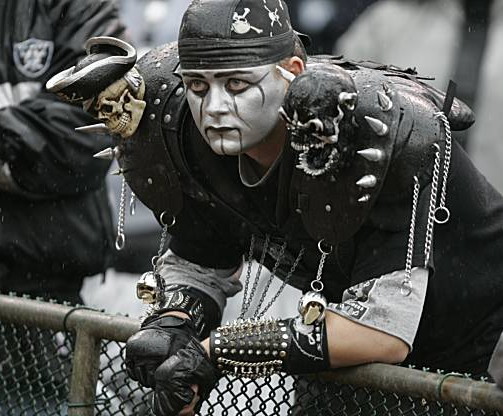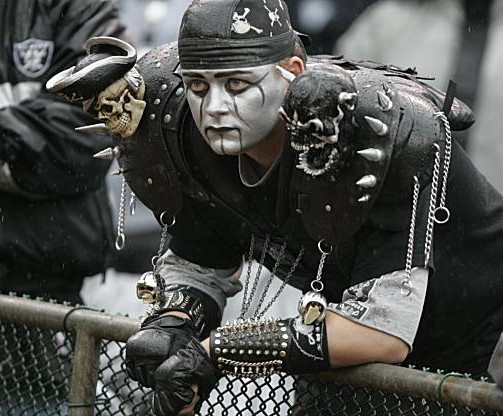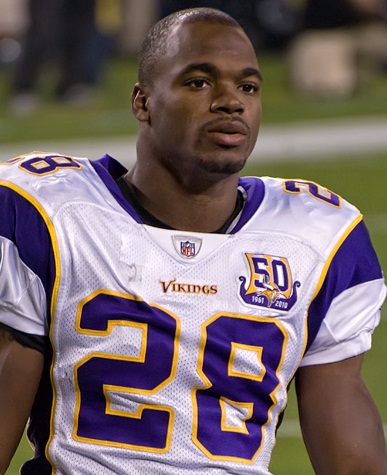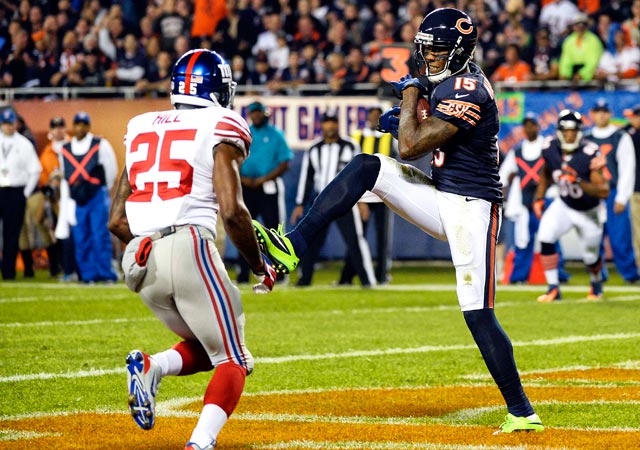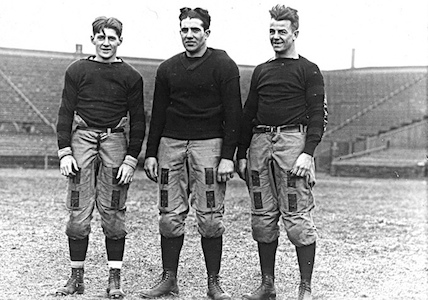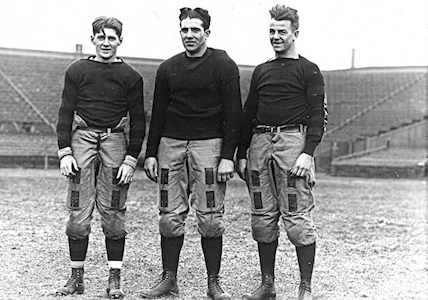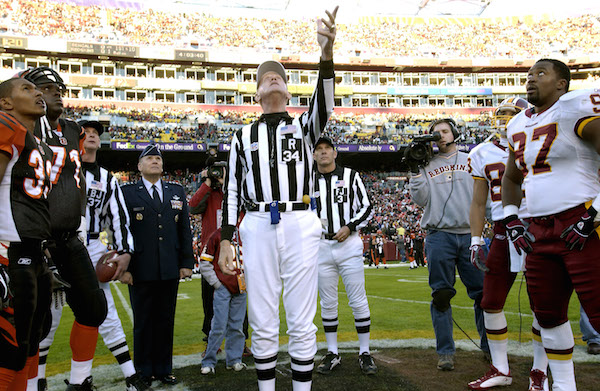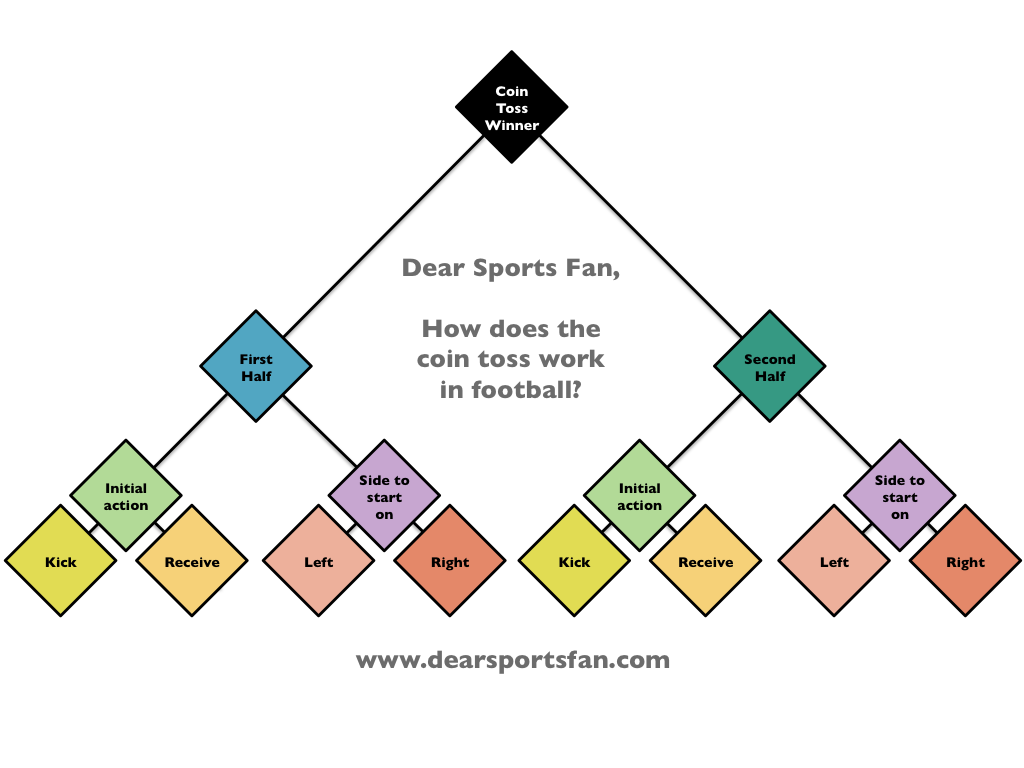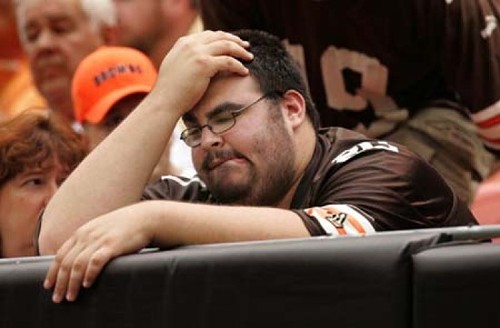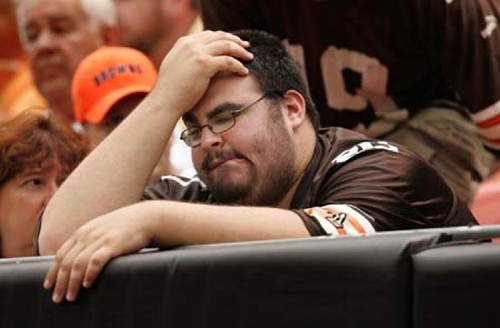 The NFL season has started but how do you know which games to watch and which to skip? Ask our favorite police duo with their good cop, bad cop precaps of all the Week 3 matchups in the National Football League this weekend. To see which games will be televised in your area, check out 506sports.com’s essential NFL maps. If you’re worried about watching too much football or if you’re negotiating for a little break during the weekend, read our weekly feature, Do Not Watch This Game.
The NFL season has started but how do you know which games to watch and which to skip? Ask our favorite police duo with their good cop, bad cop precaps of all the Week 3 matchups in the National Football League this weekend. To see which games will be televised in your area, check out 506sports.com’s essential NFL maps. If you’re worried about watching too much football or if you’re negotiating for a little break during the weekend, read our weekly feature, Do Not Watch This Game.
Week 3
Sunday, September 21, at 1:00 p.m. ET
San Diego Chargers at Buffalo Bills
Good cop: Whoa, are we starting off this week with a humdinger! These teams are so hot, I wouldn’t watch this game without sunglasses! The Chargers just beat the defending champion Seahawks last week and the Bills are off to a great 2-0 start!
Bad cop: You again? Every week, I have to deal with your unrealistic expectations for football games. The Bills are a mirage that’s due to disappear any moment and the Chargers are a West Coast team flying east for an early game. Their biological clocks won’t be ticking “like this” and neither is mine over this game.
Baltimore Ravens at Cleveland Browns
Good cop: The surprising 2-0 Browns host a divisional opponent! I’m overwhelmed with enthusiasm!
Bad cop: Name a non-quarterback that plays offense on either team. Okay, you can’t, huh? There’s a reason for that. This game isn’t that exciting.
Tennessee Titans at Cincinnati Bengals
Good cop: Any entertainment featuring players named Giovanni Bernard and Bishop Sankey, whether it’s a football game or an exhibit on 14th century Italian art is worth paying attention to!
Bad cop: Cincinnati’s defense eats renaissance painters for lunch. 35-7, Bengals.
Dallas Cowboys at St. Louis Rams
Good cop: The Cowboys have one of the best offenses in the league, the Rams, one of the best defenses! I can’t wait!
Bad cop: What are we supposed to do when the Rams offense is out there against the Cowboys defense? Talk about a movable object meeting a stoppable force. Pshh.
Green Bay Packers at Detroit Lions
Good cop: These divisional opponents always have exciting, high scoring games! Packer Aaron Rodgers makes me proud to write in green! Lions’ wide-receiver Calvin Johnson makes me wish I wrote in blue!
Bad cop: Ink? Color? What is this, the NICL? National Ink Color League? What are you talking about?
Houston Texans at New York Giants
Good cop: The Texans are off to a great start, 2-0, after going 2-14 last season! They’re the model the Giants need to look at for how to recover! And they’re playing each other!
Bad cop: Sheesh. Wasn’t this game on last week? I swore the Giants played some boring team and lost last week, why would anyone want to watch it again?
Indianapolis Colts at Jacksonville Jaguars
Good cop: Will this be the week we see Jaguars exciting rookie quarterback Black Bortles!!?
Bad cop: Bortles? You’re trying to get me to watch this game by saying the word “Bortles?” I don’t even know what a Bortles is.
Minnesota Vikings at New Orleans Saints
Good cop: It’s the season’s first “must win” game! At 0-2, the Saints have to win!
Bad cop: They will.
Oakland Raiders at New England Patriots
Good cop: It’s a rematch of the famous “tuck rule” game that launched Tom Brady’s career!
Bad cop: That was 13 years ago. Since then, these two teams have taken slightly different paths. Do not watch this game.
Washington Redskins at Philadelphia Eagles
Good cop: I am so excited for this game! Rival teams! A player (DeSean Jackson) who was ceremoniously dumped from the Eagles and signed by the Redskins who wants his revenge! What a great game!
Bad cop: It’s a good plot but will the game live up to it? It’s a shame Jackson hurt his shoulder and his quarterback dislocated his ankle the last time Washington played. Might be a bust.
SUNDAY, SEPTEMBER 21, AT 4:05 and 4:25 P.M. ET
San Francisco 49ers at Arizona Cardinals
Good cop: Wow, the 49ers were humiliated by the Bears last week! They are going to be ready for this game against their rival, the Cardinals.
Bad cop: Were they embarrassed or are they just not very good?
Denver Broncos at Seattle Seahawks
Good cop: It’s the game of the week! A rematch of the last Super Bowl! This is the first time that there’s been a Super Bowl rematch during the regular season since 1997!
Bad cop: If the Broncos got crushed in a neutral field, what makes you think they’ll be able to put up a fight in Seattle, where the Seahawks are virtually unbeatable. Also, look over there!
Kansas City Chiefs at Miami Dolphins
Good cop: I love this game! Ahhhemshghsghs!
Bad cop: What was that? You love it because you don’t have to watch it since you’ll be watching the Broncos play the Seahawks?
SUNDAY, SEPTEMBER 21, AT 8:30 P.M. ET
Pittsburgh Steelers at Carolina Panthers
Good cop: Two of the biggest, strongest quarterbacks to ever play the game face off in a national showdown!
Bad cop: It’s not a size-off of quarterbacks, it’s a football game. The Steelers defense isn’t very good anymore and the Panthers’ is virtually unbeatable. Too obvious.
MONDAY, SEPTEMBER 22, AT 8:30 P.M. ET
Chicago Bears at New York Jets
Good cop: These teams always have dramatic games! The Jets just lost because one of their coaches, named Mornhinweg, I might add, mistakenly called a time out! The Bears roared back in the second half of last week’s game to beat the 49ers!
Bad cop: Loving dysfunctional teams? Isn’t that supposed to be my schtick?


